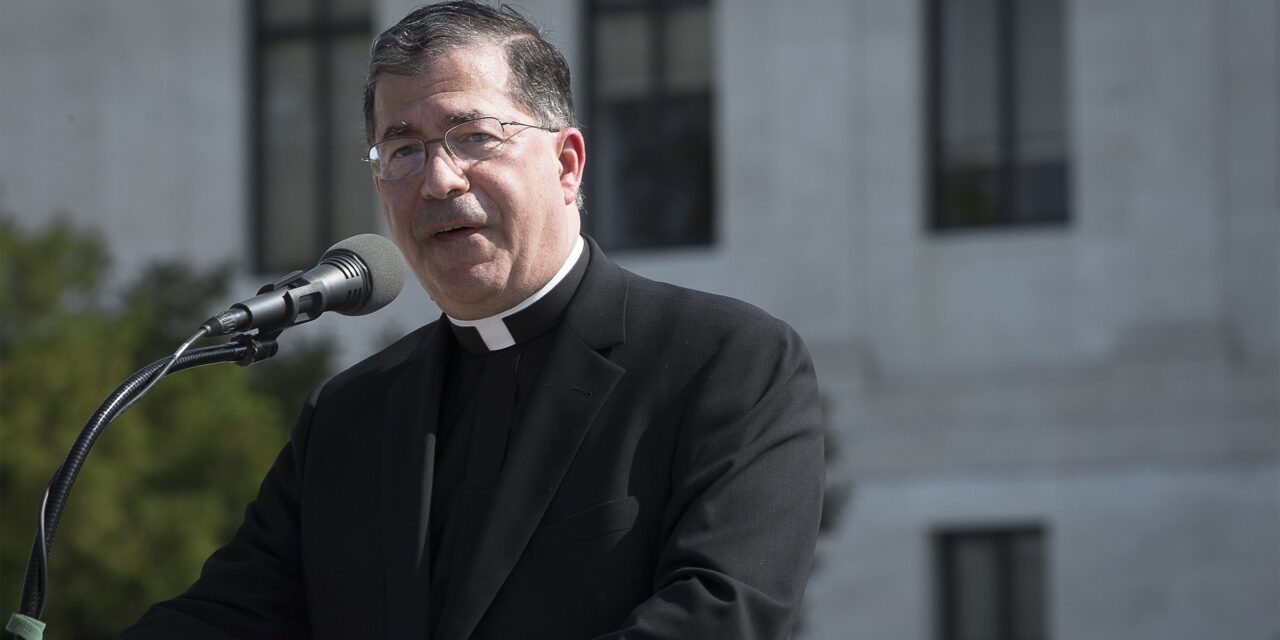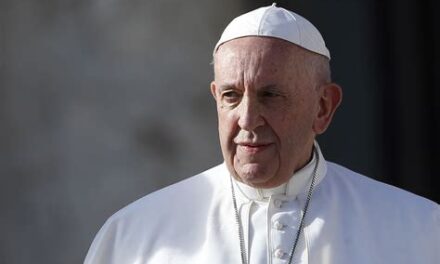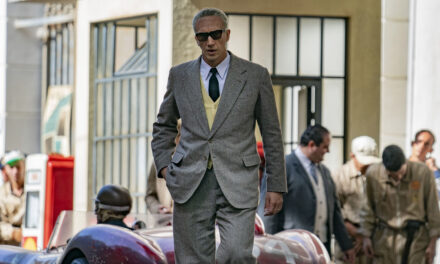Pope Francis has completed his visit to the United States. He came as a pastor for the whole church and a prophet for the whole world, and therefore his message and his ministry are far reaching, embracing a wide variety of needs and issues confronting the human family. Here I want to comment on the impact of his visit on one of those needs and issues which is at the foundation of all the rest.
How did the Pope’s visit help this greatest human rights cause of all time?
1. The Pope encouraged families, which are the sanctuaries of life.
The original purpose and reason for the Holy Father’s visit was to be part of the World Meeting of Families, an event sponsored by the Vatican’s Pontifical Council for the Family every three years. Having worked for the Pontifical Council for the Family, I helped to organize the Second World Meeting of Families in Rio back in 1997. The vision for these meetings, initiated by Pope Saint John Paul II, embraces and extols the interrelated themes of family and life. The family, by definition, is “the sanctuary of life.”
This was reflected in the theme of this year’s World Meeting of Families: Love is our Mission: The Family Fully Alive. As the Pro-life Symposium which Priests for Life sponsored as part of the World Meeting emphasized, the family cannot be fully alive unless all its members are protected.
The affirmation of life, therefore, is integral to understanding the very reason the Pope came.
2. The Pope’s words announced the foundation of the pro-life message.
When Pope Francis speaks about the pro-life cause and the issue of abortion, he does so in a way that emphasizes how it is integrally connected with every other issue of human rights. He speaks to the foundation, both of human rights and of the Faith, so that nobody can come away with the impression that the church’s opposition to abortion is simply a temporary, changeable, or accidental appendage to her life, teachings, and mission.
Consider his words at the White House that we must build a society that is that is “truly tolerant and inclusive to safeguarding the rights of individuals and communities, and to reject every form of injustice and discrimination.” A nation that holds the “the word person…does not include the unborn” (Roe vs. Wade) has ceased to be tolerant and inclusive and has embraced instead a deadly form of injustice and discrimination against its youngest children.
Again at the United Nations, the Pope warned against “a relentless process of exclusion.”
3. The Pope again displayed the spirituality of being with the vulnerable.
Pope Francis showed once again his desire to be with those who are disadvantaged in various ways, as he went out of his way to embrace the disabled boy at the airport, and visited an inner city school and a correctional facility. This conveys a spirituality and approach that strengthens the pro-life cause, which maintains that abortion is not an abstract issue, but involves real people who suffer physically, and with whom we are called to be present in their need. Our presence at abortion facilities, where these children are carried to their death, is an expression of this very same spirituality.
4. The Pope told the bishops not to be silent.
Few concerns within the pro-life cause are expressed more frequently than the need for leadership among the clergy. To the U.S. bishops gathered in Saint Matthew’s Cathedral, the Pope listed, again, a wide range of victims, including “the innocent victim of abortion,” and declared, “It is wrong, then, to look the other way or to remain silent.”
5. The Pope rejected the narrow territorialism that so often interferes with pro-life work in the Church.
In his final homily in Philadelphia, the Pope said,
“Joshua tells Moses that two members of the people are prophesying, speaking God’s word, without a mandate. In the Gospel, John tells Jesus that the disciples had stopped someone from casting out evil spirits in the name of Jesus. Here is the surprise: Moses and Jesus both rebuke those closest to them for being so narrow! . . . The temptation to be scandalized by the freedom of God, who sends rain on the righteous and the unrighteous alike (Mt 5:45), bypassing bureaucracy, officialdom and inner circles, threatens the authenticity of faith. Hence it must be vigorously rejected . . . Jesus says, “Do not hold back anything that is good, instead help it to grow!” To raise doubts about the working of the Spirit, to give the impression that it cannot take place in those who are not “part of our group,” who are not “like us,” is a dangerous temptation. Not only does it block conversion to the faith; it is a perversion of faith!”
So many initiatives in the pro-life cause are stifled due to precisely this narrowness, to turf wars, and to the temptation within the institutional Church to think we are self-sufficient and do not need “outside groups.”
May the example, teaching, and spirit of Pope Francis continue to bless America and the pro-life cause!
Jesus says, “Do not hold back anything that is good, instead help it to grow!”


















Lord is good all the time